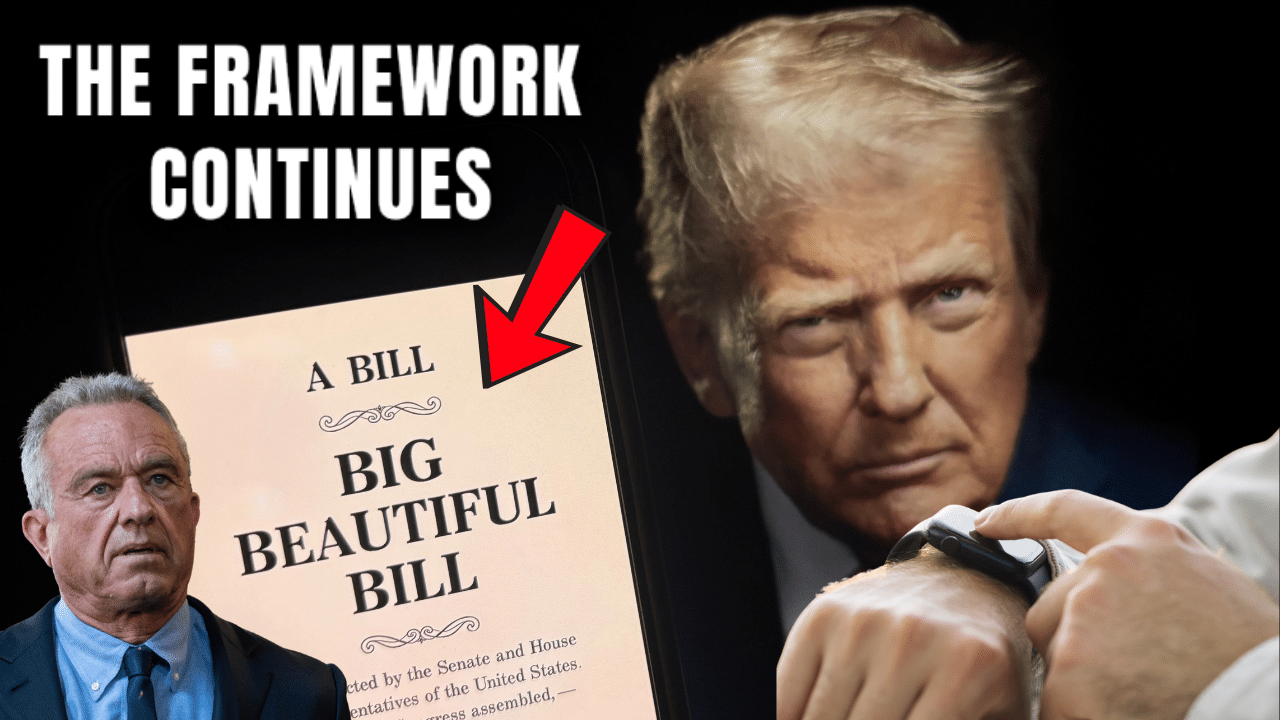A disturbing new health concern has surfaced in recent weeks, with reports of a Covid-like mystery virus causing severe symptoms, including coughing up blood, affecting individuals in multiple cities across Russia.
News outlets have begun piecing together accounts from medical professionals, affected patients, and public health officials as the situation unfolds, though details remain scarce and inconclusive.
According to a report from The Guardian, the illness first gained attention after a cluster of cases appeared in a major urban center, with patients presenting symptoms eerily reminiscent of early Covid-19 reports—fever, fatigue, and shortness of breath—but with a startling twist: hemoptysis, or coughing up blood.
“It’s not something we see often outside of specific conditions like tuberculosis or advanced lung disease,” one emergency room physician was quoted as saying. “This is different, and we’re scrambling to understand it.”
CNN highlighted that the virus has now been reported in at least three cities across different regions, though exact locations remain unconfirmed by official sources.
Social media posts trending on X have fueled speculation, with users sharing unverified images and accounts of loved ones falling ill.
One widely circulated post described a young adult hospitalized after coughing up “bright red blood” for days, prompting urgent calls for investigation.
While these anecdotal reports have heightened public alarm, experts caution that such information lacks the rigor of clinical confirmation.
Reuters spoke to a virologist who suggested the symptoms could point to a respiratory pathogen with an unusual capacity to damage lung tissue or blood vessels.
“We’ve seen viruses like Hantavirus cause bleeding in rare cases, but this scale and presentation are puzzling,” the expert noted.
The possibility of a novel coronavirus strain has not been ruled out, though no genomic sequencing data has been publicly released to support this theory.
The World Health Organization (WHO) has yet to issue a formal statement, but sources within the agency told BBC News that they are “monitoring the situation closely.”
Public reaction has been swift and anxious. NBC News reported on overwhelmed hospitals in one affected city, where staff are struggling to manage an influx of patients with respiratory distress.
“We’re seeing people come in terrified, and we don’t have answers yet,” a nurse shared anonymously.
Meanwhile, The New York Times noted that local governments are hesitant to impose restrictions reminiscent of the Covid-19 era, citing economic concerns and a lack of definitive evidence linking cases across cities.
Adding to the complexity, Al Jazeera reported unconfirmed claims of environmental factors—like poor air quality or chemical exposure—potentially exacerbating the illness in industrial areas.
However, no data has substantiated this hypothesis, and health officials have urged the public to avoid jumping to conclusions.
The origins and transmission of this mystery virus remain unclear.
Bloomberg cited preliminary findings from one city’s health department suggesting possible person-to-person spread, but testing inconsistencies have hampered efforts to confirm whether this is a single pathogen or a confluence of unrelated illnesses.
“We’re working with limited samples and a lot of noise,” an epidemiologist admitted.
As the story develops, skepticism of official narratives has surfaced, echoing distrust from the Covid-19 pandemic. Posts trending on X question whether authorities are downplaying the severity or withholding key details. Without transparent data, such speculation is likely to grow.










